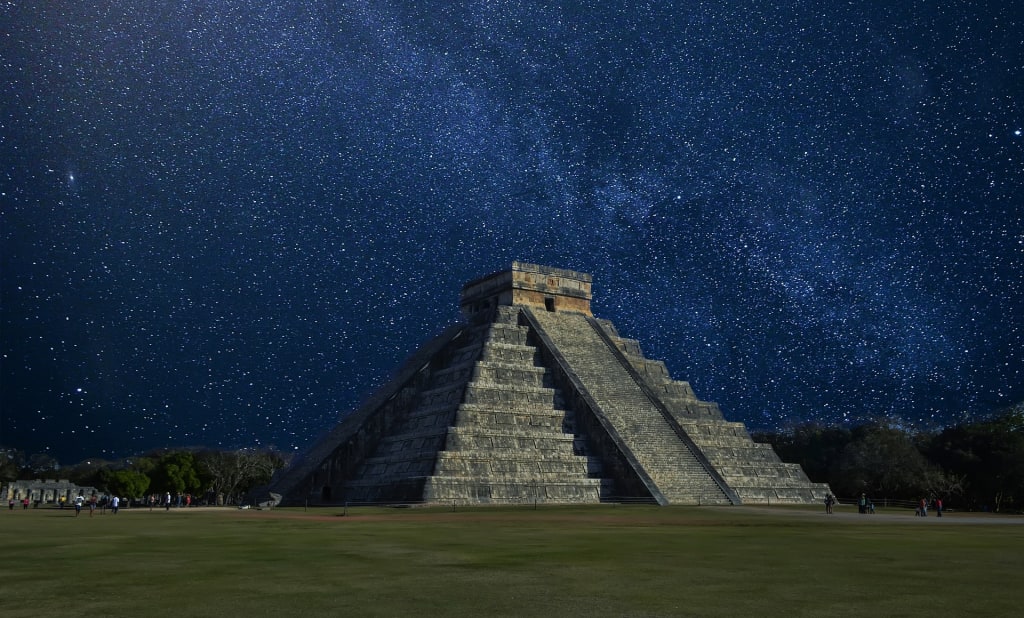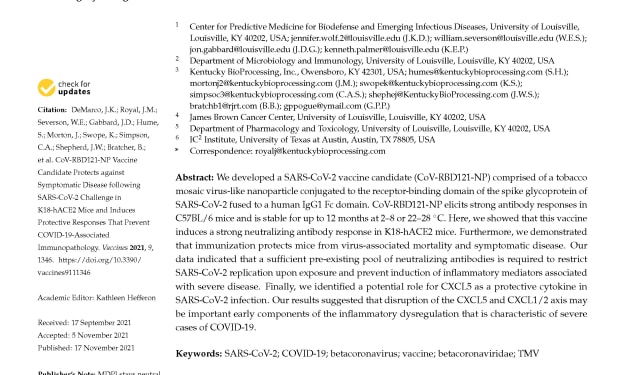Is Historical Ignorance Ever a Good Thing?
Transgenerational Trauma and the Problem of Historical Knowledge

Typically it is supposed that a solid working knowledge of history is a very good thing. It seems obvious to say that those who do not know/understand/appreciate history are doomed to repeat it. I absolutely agree, after all, it is much easier (though still not always easy) to avoid a mistake one has already made, than to avoid one you do not even see coming and, with which, you have no previous experience. Almost everyone I believe would agree that historical knowledge is a very good thing to have. However, is this obvious, and much agreed upon statement, always true? Are there situations where ignorance of historical events would be advantageous versus having such knowledge? The transgenerational trauma hypothesis posits that for historically traumatic events it is not only the generation that lives through them that suffers, but also subsequent generations. The trauma is "passed down" to future generations and the suffering associated with that event continues to traumatize those that were never directly impacted by the originally triggering traumatic event. Slavery and the holocaust are two oft cited examples. I do not dispute that transgenerational trauma is real, and continues to effect those that are descendants of the original peoples involved in those historical tragedies. But, what about, less well remembered events? Events that were very much traumatic and historically impactful, but about which much less is known or remembered today.
Recently, the topic of transgenerational trauma arose in a discussion with a friend and writing colleague about the US-Mexico border. She cited transgenerational trauma as one of the reasons for the hyper aggressive, militant, and bullying attitudes and behaviors displayed by both US CBP and Mexican border authorities (to a much lesser extent) that I observed during a recent visit to my soon to be new home in Baja, California (Mexico). If interested can read more on this here. Specifically she pointed to the US Mexican war as the responsible traumatic event. I noted that I had almost no memory that there was such a war, or what it was about, and further suggested that a very large proportion of Americans share my historical ignorance in this regard. I am a highly educated Ph.D. holder and had at least some American history at every stage of my education from grade school through college. If I can't remember what this war was about, then I have to believe most Americans (who are much less educated than myself) cannot either. This almost certainly includes a large proportion of the US CBP working the border. I can't speak to the historical education of the Mexicans manning the border so perhaps the view is different from there, but from the US side the Mexican American War is about as well remembered as the identity of the 19th president of the United States (Rutherford B. Hayes). How could an event about which almost none currently living have any knowledge continue to traumatize to this day? And, traumatize in such a significant way as to profoundly alter human behavior and attitudes. I would suggest, that it cannot, and does not. Therefore, in this instance one could reasonably argue that ignorance of the history between the US and Mexico is a good thing. It prevents historical grudges and prejudices (classic symptoms and perpetuators of transgenerational trauma) from impacting the current situation. No doubt there are many other such examples from throughout history of traumatic events both large and small about which the less that is known, the better. Of course my sloppy argument ignores a host of nuances including the importance of the type of knowledge retained and how exactly it is kept and shared. A total elimination of all knowledge of any given traumatic event would I think always be a bad thing. The ideal would seem to be selective retention of those facts about the event necessary to prevent a reoccurrence (whatever those might be) but a reduction or total elimination of all other forms of knowledge. Obviously, since we are not perfect this ideal situation could never be realized intentionally. That said, perhaps unintentionally that is what has happened with the Mexican American war. One can only hope that is the case as another war with Mexico would be a tragedy of epic proportions for both sides.
About the Creator
Everyday Junglist
Practicing mage of the natural sciences (Ph.D. micro/mol bio), Thought middle manager, Everyday Junglist, Boulderer, Cat lover, No tie shoelace user, Humorist, Argan oil aficionado. Occasional LinkedIn & Facebook user






Comments
There are no comments for this story
Be the first to respond and start the conversation.